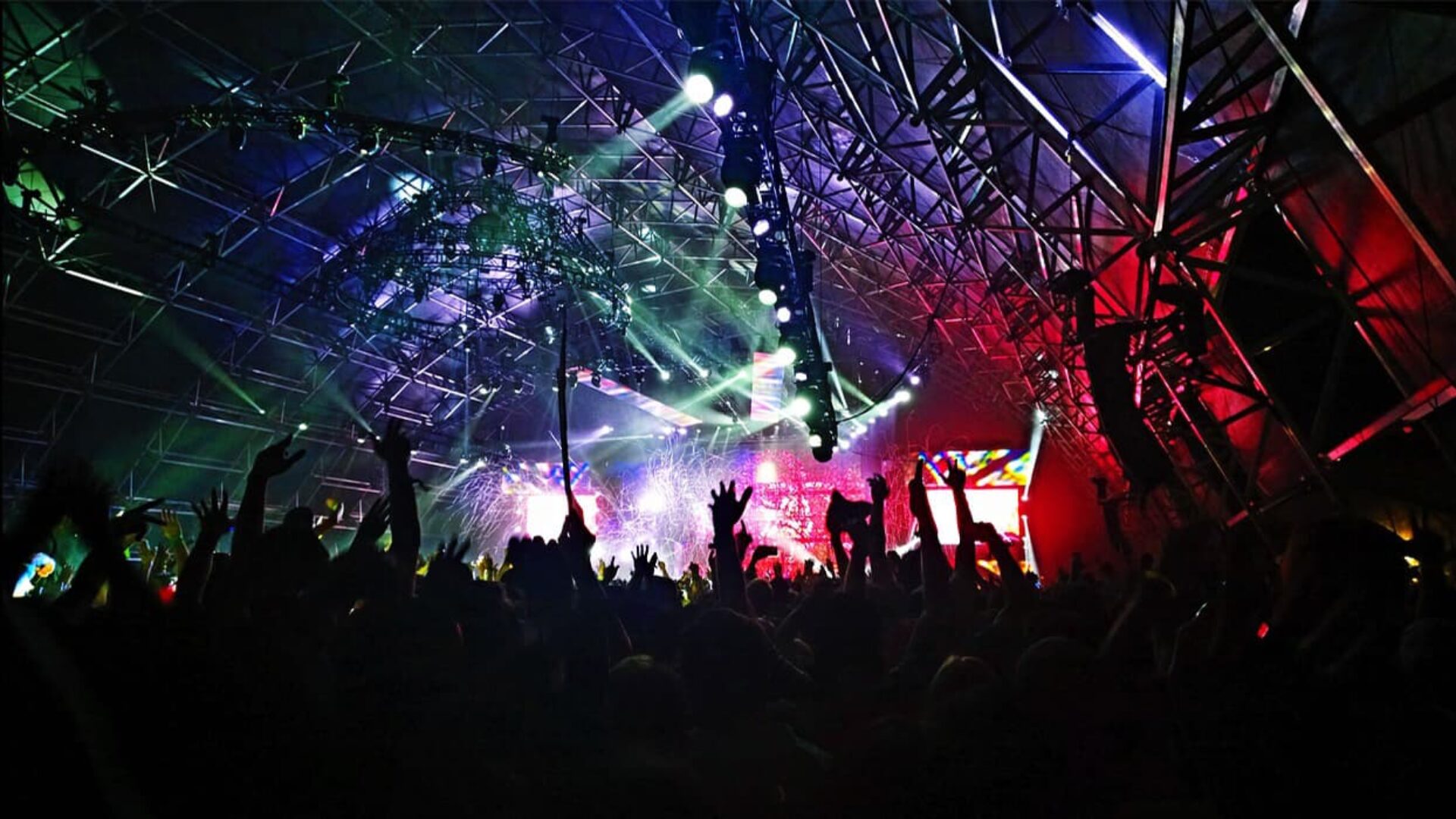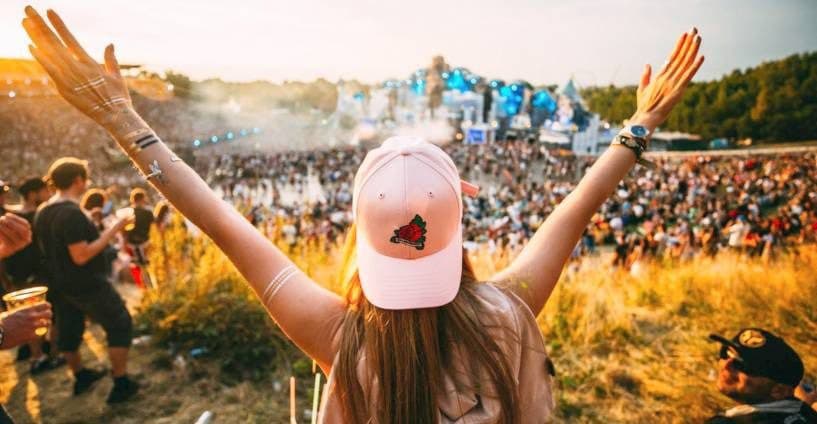Music festivals have long gone beyond being mere cultural events. Today, they represent a powerful social phenomenon that brings together people from different countries, generations, and tastes. From small village fairs to massive open-air events, festivals have become an integral part of the global cultural scene. They influence fashion, tourism, technology, and even politics. In this article, we’ll trace the journey of music festivals from local traditions to a global phenomenon and understand why their significance continues to grow each year.
From Origins to Modernity
The first musical gatherings took the form of rituals, fairs, or folk festivities, where music was not the main focus but accompanied significant life events — weddings, harvests, seasonal transitions. In Medieval and Renaissance Europe, festivals with music became part of the religious and rural calendar, and with the growth of cities, secular musical performances appeared. With the industrial era came the first organized festivals in the modern sense. For example, the 19th century saw the emergence of large-scale opera and symphonic festivals aimed at educated audiences.
The 20th century marked a true explosion for the festival movement. In the 1950s and 1960s, folk and rock music festivals appeared in the USA and the UK, including iconic events like Woodstock. These festivals reflected the spirit of the times, expressing protest against war, racism, and social injustice. They became a platform for youth freedom, musical experimentation, and creative expression. It was during this time that the music festival began to transform into an autonomous cultural entity with its own philosophy and audience.
Globalization and Commercialization
With the development of the internet, mobile communication, and global air travel, festivals became accessible to nearly everyone. People began traveling specifically for them, and organizers started building infrastructures comparable to entire cities. Events such as Glastonbury, Tomorrowland, Rock in Rio, and Primavera Sound turned into globally recognized brands. In Portugal, festivals like NOS Alive and Super Bock Super Rock have also become key elements of the cultural calendar, attracting international stars and tourists every year.
The global interest in festivals has also triggered a wave of commercialization: sponsors, brands, and media are now deeply integrated into the format. This has sparked criticism — some claim that the spirit of freedom and musical unity has given way to marketing. However, in response, many independent and niche festivals have emerged, aiming to preserve authenticity: from local indie fests to environmentally focused events where sustainability and ethics take center stage.
Social and Cultural Role
Today’s music festival is not just about music — it is a fusion of art, lifestyle, and worldview. It becomes a space where issues of equality, ecology, and inclusion are addressed, and where the audience is not merely passive but engaged. Many festivals now include art installations, workshops, lectures, rest zones, vegan cafes, and meditation areas. They form communities — temporary, but emotionally rich — that often live on beyond the event itself.
Moreover, festivals have a tangible impact on regional economies. For instance, summer music events in the Algarve and Lisbon bring substantial income to tourism, hospitality, transport, and small businesses. This makes them an important factor in regional development and cultural diplomacy, especially in countries that are actively shaping their image as creative tourism destinations.
New Formats and the Future of Festivals
Digital technologies have significantly expanded the possibilities of festivals. Online broadcasts, VR spaces, NFT tickets, and gamification have become part of the modern experience. During the 2020 pandemic, virtual festivals temporarily replaced traditional ones, and even after restrictions were lifted, many elements remained in demand. Now, audiences can participate in events without leaving their countries, and organizers can experiment with formats, target groups, and creative concepts.
Festivals of the future will likely be even more flexible and diverse. Environmental awareness, digital integration, and multiculturalism will become the norm. Music will remain at the core but will be enriched with ideas of sustainable development, local production, ethical consumption, and technological innovation. This is especially true in countries like Portugal, where rich musical traditions, a creative youth, and attractive climate conditions converge.
Conclusion
Music festivals have traveled a long road from folk celebrations to global cultural hubs. They unite generations, cultures, and lifestyles, becoming a mirror of society and a catalyst for change. In Portugal, as around the world, the festival movement continues to grow, inspiring not only musicians but everyone seeking new forms of connection, freedom, and creativity. That is their true value — to be a place where the energy of the future is born.



